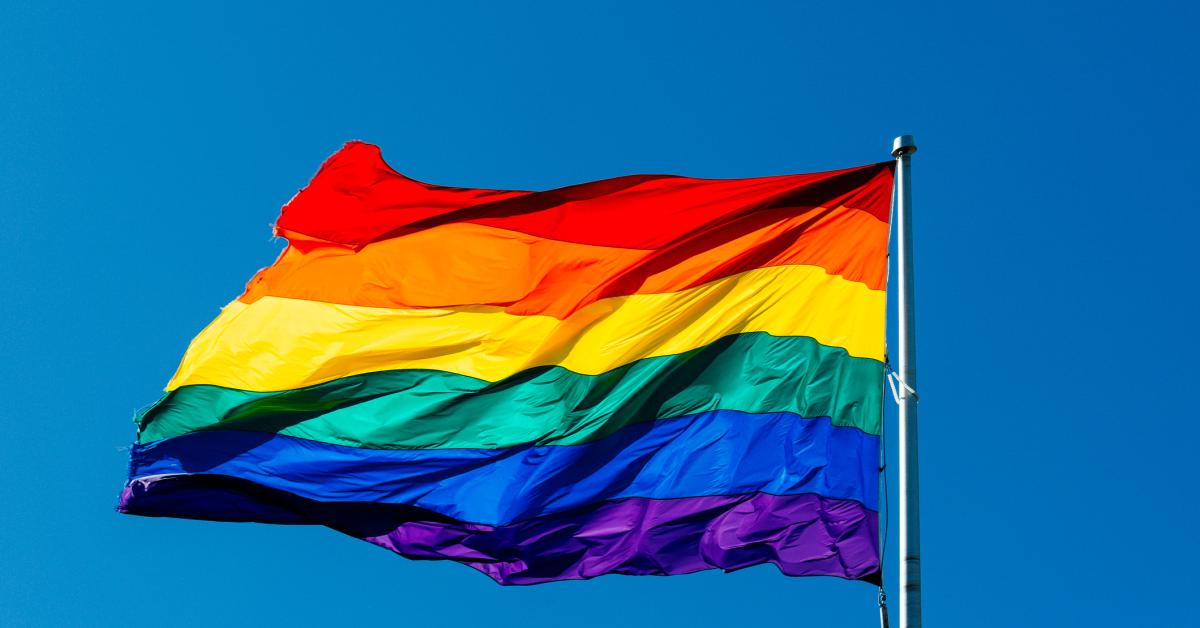Utah’s Governor Spencer Cox has decided to let a new law go into effect that stops schools and government buildings from displaying LGBTQ+ pride flags. This decision makes Utah the first state to implement such a ban. The law doesn’t just target pride flags; it also includes political flags like those for specific candidates, such as the “Make America Great Again” flags associated with former President Donald Trump. However, traditional flags like the United States flag, the Utah state flag, and military flags are still allowed, according to the Washington Times.
Governor Cox expressed some concerns about the bill. He mentioned that while he understands the bill’s intent to keep schools free from political influence, he believes it might be overreaching when it comes to regulating local governments. Despite his reservations, he chose not to veto the bill because he expects the Republican-dominated state legislature would simply override his decision.
In a message to the LGBTQ community, Governor Cox acknowledged the challenges posed by recent legislation. He admitted that politics can sometimes be harsh and that disagreements are inevitable. Nonetheless, he expressed his love and appreciation for the LGBTQ community in Utah, emphasizing that his words are sincere even if they might not resonate with everyone.
The law is scheduled to take effect on May 7. This decision has sparked discussions both within Utah and nationwide about the role of political and identity symbols in public spaces. While some see this as a necessary move to maintain neutrality in schools, others view it as a step backward in terms of inclusivity.
Governor Cox’s decision aligns with conservative values that prioritize limited government intervention and traditional symbols. This approach is reminiscent of the political ideologies of figures like Ronald Reagan and Barry Goldwater, who advocated for a clear distinction between personal beliefs and public policy.
The controversy surrounding the flag ban highlights the ongoing debate about free expression and the role of government in regulating it. Supporters argue that schools should focus on education without being influenced by political or social movements. Detractors, however, believe that such bans suppress important conversations about diversity and acceptance.
In response to the law, conservative outlets like Fox News have reported on the governor’s emphasis on ensuring schools remain non-political. They highlight the importance of maintaining an educational environment where students can learn without external political pressures.
Governor Cox’s stance is seen as a pragmatic approach to governance, balancing his personal beliefs with the political realities of Utah’s legislative landscape. His decision not to veto the bill reflects a strategic choice to avoid unnecessary conflict with the state legislature.
The broader implications of this law could set a precedent for other states considering similar measures. As the debate continues, the focus remains on how best to navigate the intersection of personal expression and public policy in a way that respects all viewpoints.
Conservative commentators have praised Governor Cox for his leadership, viewing his decision as a commitment to upholding values of neutrality in public institutions. They argue that this move protects the integrity of educational environments by preventing them from becoming battlegrounds for political ideologies.
The discussion around this law also touches on the importance of understanding and respecting diverse perspectives within a community. By removing potentially divisive symbols, proponents believe that schools and government buildings can become more inclusive spaces for everyone.
Governor Cox’s approach to this issue exemplifies a careful balancing act between personal conviction and political pragmatism. His decision underscores the challenges leaders face in addressing complex social issues while adhering to their principles.
As Utah moves forward with this new law, the focus will be on its impact within the state and potentially across the country. The dialogue it generates may influence future discussions on similar topics, shaping how other states address the presence of political and identity symbols in public spaces.




Good for Utah. Nice to know somebody still has some morals.
I am going to say this about the rainbow flag and am going to take it back as it is a sign that GOD gave to NOAH when the flood was over. GOD gave NOAH two signs that the flood was over, a dove with a branch in its beak and a rainbow to show it was over. This is what the rainbow represents not the LGBTQ-nuts. We Christians must take back the rainbow that represents the word of GOD that ended the biblical flood.